Feeling sore after exercising is normal. It happens to everyone. You might wonder, “Should I workout even though I feel sore?” This article will help you understand what to do when your body feels sore. We will look at soreness, recovery, and when to return to the gym.
What is Muscle Soreness?
Muscle soreness is a feeling many people know. It often happens after a tough workout. The soreness is called Delayed Onset Muscle Soreness (DOMS). It can start 24 to 48 hours after exercise. DOMS is a sign your muscles are healing. It means they are getting stronger.
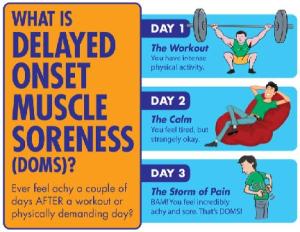
Credit: bodydynamicsinc.com
Why Do Muscles Get Sore?
When you exercise, your muscles work hard. Sometimes, they get tiny tears. This is normal. Your body then repairs these tears. This process makes your muscles stronger. However, this repair can cause soreness. Here are some common reasons for muscle soreness:
- New exercises you have never done before.
- Increased intensity of your workout.
- Longer workout sessions than usual.
- Not enough warm-up before exercising.
How Long Does Soreness Last?
Soreness usually lasts a few days. Most people feel better in 2 to 5 days. Everyone’s body is different. Some may heal faster than others. It also depends on the workout. Heavy workouts may cause longer soreness. Light workouts usually cause less soreness.
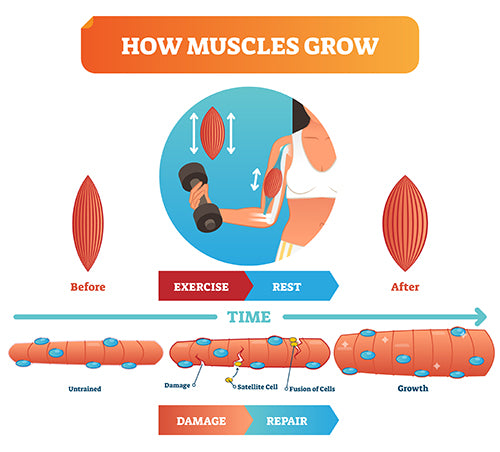
Credit: livefit.com
Should You Workout When Sore?
Now, let’s answer the big question. Should you exercise when you are sore? The answer is not simple. It depends on how sore you feel. Here are a few things to consider:
1. Listen To Your Body
Your body knows best. If you feel very sore, it’s okay to rest. Pushing too hard can lead to injury. Your muscles need time to recover. If soreness is mild, you can still exercise.
2. Type Of Exercise Matters
Not all workouts are the same. Light activities can help. Consider doing some gentle exercises. Walking, stretching, or yoga can be good choices. These activities help blood flow. They can speed up recovery.
3. Focus On Different Muscle Groups
If your legs are sore, work on your arms. If your arms are sore, do leg exercises. This way, you still get a workout without overworking sore muscles. It’s a smart way to stay active.
4. Take Rest Days
Rest days are important. They help your muscles heal. If you feel really sore, take a break. Don’t feel guilty about resting. Your body needs it.
Tips for Recovery
Here are some tips to recover from soreness:
- Hydrate: Drink plenty of water. It helps muscles recover.
- Eat Well: Eat foods rich in protein. They help repair muscles.
- Sleep: Get enough sleep each night. It is vital for recovery.
- Gentle Stretching: Stretching can help reduce tightness.
- Warm Baths: Taking a warm bath can relax sore muscles.
When to See a Doctor
Sometimes soreness is normal. But if it feels different, see a doctor. Here are signs to watch for:
- Severe pain that does not go away.
- Swelling or bruising in the area.
- Weakness in the affected muscles.
- Pain during normal activities.
Conclusion
Feeling sore after a workout is common. It shows your muscles are working hard. If you are still sore after 2 days, listen to your body. Rest if you need to. Light exercise can also help. Always pay attention to how you feel. Taking care of your body is important. Remember, recovery is part of fitness.
In summary, if you’re sore, assess the situation. Decide if you should push through or rest. Your journey to health is a marathon, not a sprint. Enjoy the process, and keep moving forward!






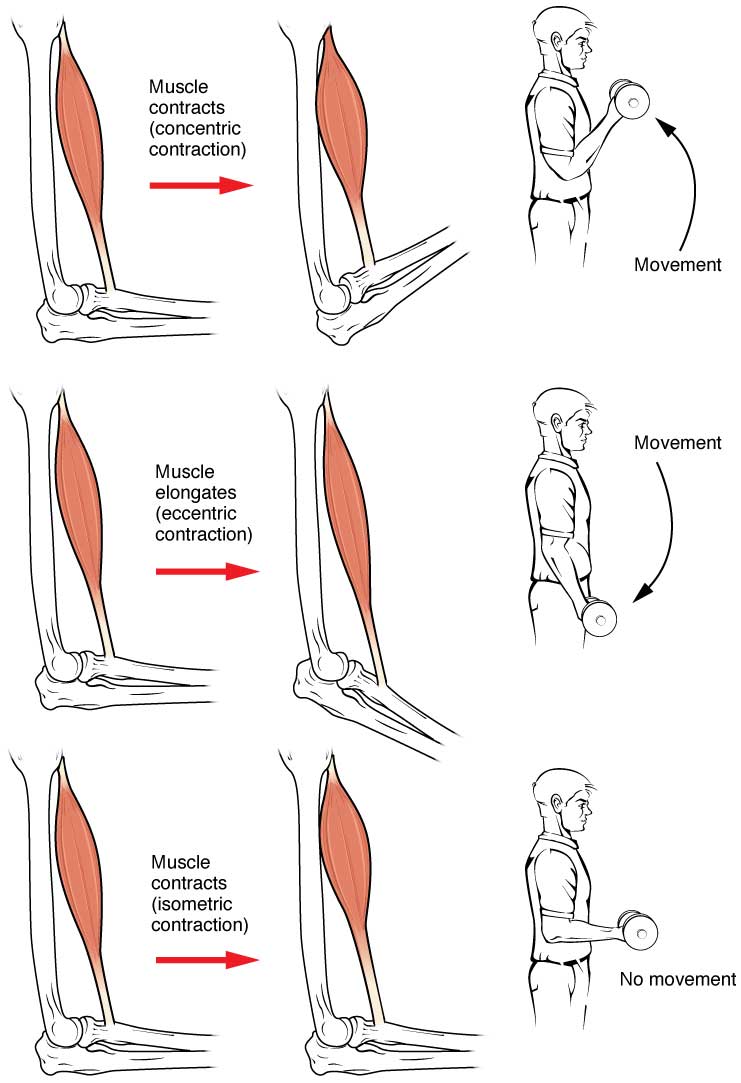

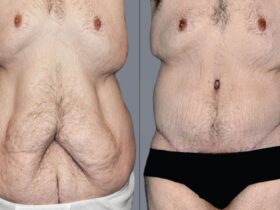
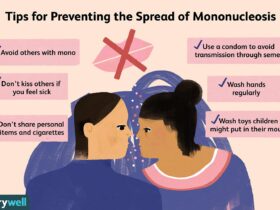



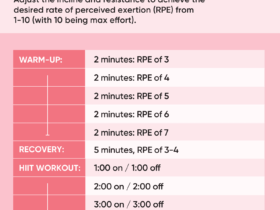

Leave a Review